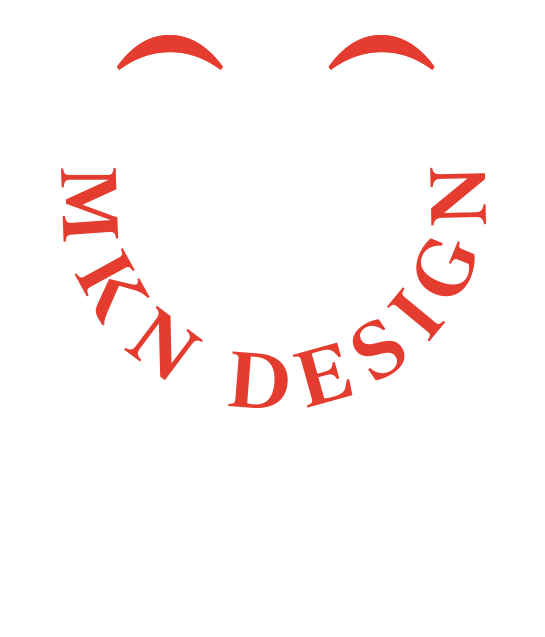Client Project
October 2014
__
CANUX Conference Portraits
CANUX is an annual design, UX, and technology conference held in Canada’s historic capital, Ottawa, featuring engaging speakers from around the globe. I was commissioned to create portraits for the keynote speakers in both 2014 and 2015. Notable speakers included Aaron Draplin of DDC, Abby Covert of the IA Institute, and Louis Rosenfeld of Rosenfeld Media. The portrait style has evolved over time, building on techniques developed in an earlier project called Facebook Friends. This progression and my approach to simplifying the illustrative style were highlighted in an article written for the conference, which also explores my creative background.
-
+ Portrait Illustrations
-
+ Portrait Studies
+ Sketching and Ideation
+ Illustration -
Read article about CANUX and the portraits I illustrated for you. "Michael Nÿkamp, The Face Behind The Faces"
-
Want a custom portrait of your likeness? Email michael@mkn-design.com.
-
Photography by Elida Arrizza




























